In a world where time and resources are valuable, proactively taking care of our home is essential to avoid major and costly problems. Diagnosis and preventive maintenance ensure the longevity of our homes and improve our quality of life. In this blog, we will explore the importance of these services, the benefits they provide, the consequences of ignoring them, how to identify when it is necessary to schedule them, and the main areas of the home that require attention.
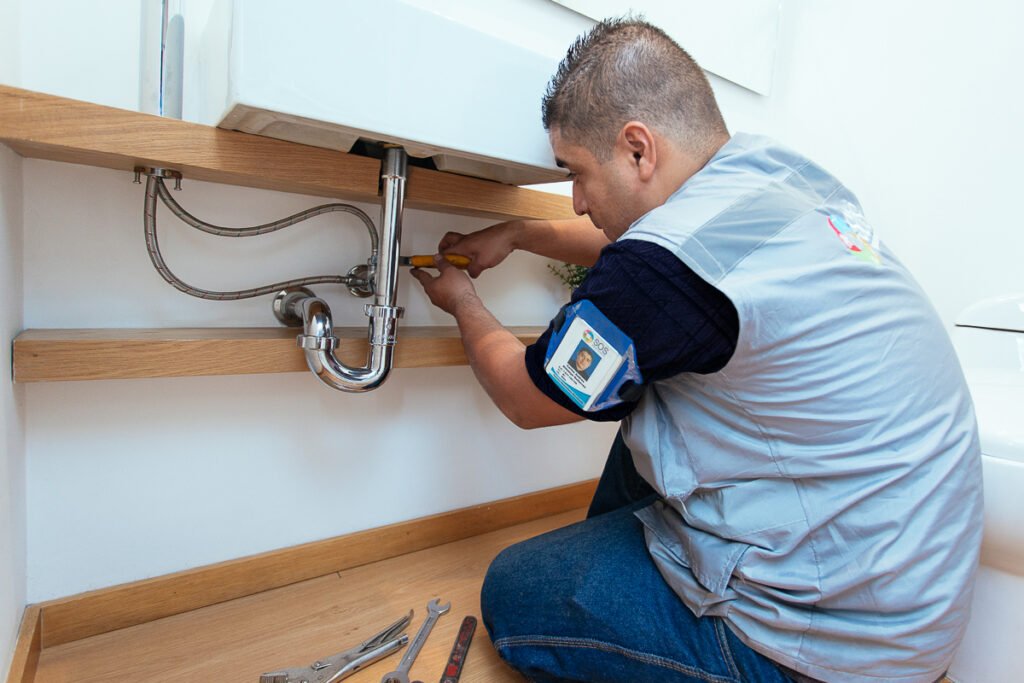
Importance of diagnosis and preventive maintenance
Home diagnosis and preventive maintenance is crucial for several reasons. First, it helps identify problems before they become costly emergencies. A small problem in the pipes, for example, can turn into a large water leak if it is not attended to in time. Additionally, regular maintenance ensures that all home systems are running efficiently, which can save money on energy costs and repairs.
Benefits
1. Saving money
Preventive maintenance may seem like an added expense, but in the long term, it results in significant savings. By detecting and fixing minor problems before they become major repairs, you avoid high costs.
2. Greater durability of systems and equipment
Well-maintained equipment and systems have a longer lifespan. This applies to everything from appliances to heating and air conditioning systems.
3. Improved security
A well-maintained home is a safe home. Regular inspections can detect potential hazards such as gas leaks, electrical problems, or unstable structures that could endanger the home’s inhabitants.
4. Energy efficiency
Regular maintenance ensures, for example, that heating, ventilation and air conditioning (HVAC) systems operate optimally, reducing energy consumption and utility bills.
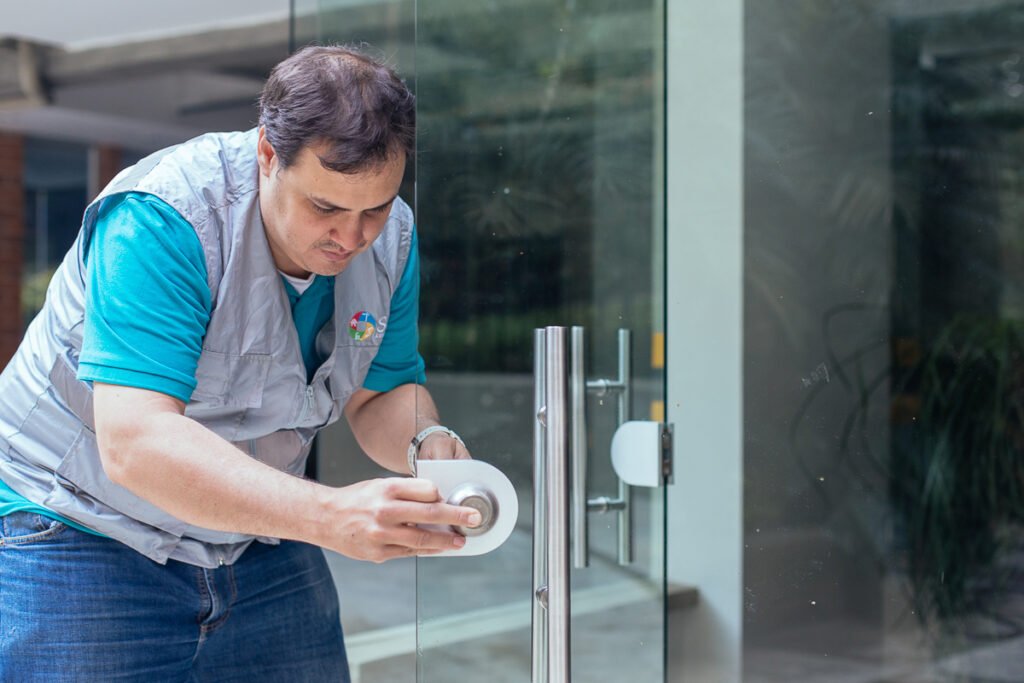
Consequences of ignoring preventive maintenance
1. High repair costs
Ignoring minor problems can result in costly repairs down the road. For example, a small roof leak can lead to serious structural damage if not repaired in time.
2. Security risks
Undetected issues can pose significant security risks. An unresolved electrical problem can cause fires, while gas leaks can lead to explosions.
3. Decrease in property value
A poorly maintained property loses value over time. This can be a significant problem if you plan to sell or rent the home in the future.
How to identify the right time to schedule the service
1. Visible changes
Damp stains on walls, ceilings or floors can indicate water leaks that, if not addressed in time, can cause structural damage and promote the growth of mold and mildew, affecting the health of the inhabitants and the integrity of the home. Look especially at areas near bathrooms, kitchens and basements.
2. Increased energy bills
If you notice an unexplained increase in your energy bills, it may be a sign that your systems are not working efficiently and need a check.
3. unusual noise
- Appliances: Noises such as humming, banging, or squealing coming from appliances such as refrigerators, washing machines, or water heaters can indicate that something is not working properly. These sounds may be signs of wear, loose parts, or mechanical problems that require immediate attention.
- Pipes: Banging noise (known as water hammer), bubbling in pipes can signal water pressure problems, blockages, or air trapped in the system. These issues can cause pipe damage if not addressed in time.
- Heating: Heating systems that make unusual noises such as popping, humming, or hissing may indicate problems with the burner, fan, or air ducts. These noises should not be ignored as they can precede more serious and costly failures.
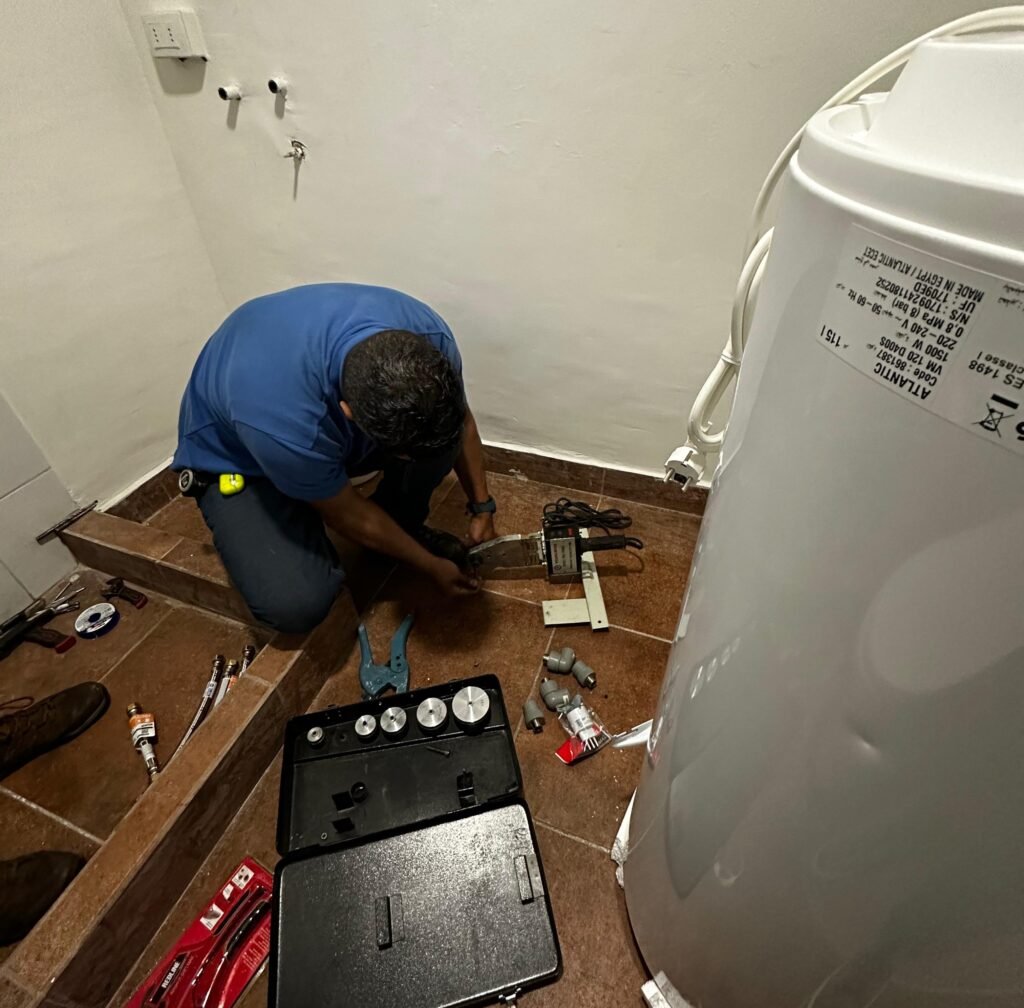
Main areas of the home that require attention
1. Plumbing system
Pipes, faucets and drains should be checked regularly to prevent leaks and blockages. Plumbing problems, if not addressed in time, can cause flooding and structural damage. It is essential to visually inspect pipes for signs of corrosion or wear and ensure that faucets and valves are working properly. Also, maintenance includes cleaning drains to prevent blockages that can cause sewage backflow.
2. Electric systems
Periodic inspection of electrical systems is essential to prevent fires and other risks. It is vital to check the condition of cables, plugs and switches to ensure there are no loose or worn connections. Additionally, installing safety systems such as circuit breakers and smoke detectors can provide an additional layer of protection against electrical fires.
3. Roofs and leaks
Roofs should be inspected for signs of wear and tear and to prevent water leaks. Loose or broken shingles, moisture spots on the interior ceiling, and water pooling in flat areas are signs that maintenance is needed. A roof in poor condition can lead to problems with moisture, mold, and structural deterioration. It is also advisable to clean the gutters to ensure proper drainage and prevent water stagnation.
4. HVAC systems
These systems must be maintained to ensure optimal energy efficiency and a comfortable home environment. A poorly maintained HVAC system can consume more energy and not provide adequate cooling or heating. It’s crucial to change your air filters regularly, check your ducts for leaks, and make sure your thermostat is working properly. Proper maintenance can extend the life of the system and improve indoor air quality.
5. Facades and external structures
Exterior walls and structures should be checked for signs of deterioration and weather damage. Cracks in walls, peeling paint, and foundation damage can indicate deeper problems. Regular maintenance includes repairing cracks, applying sealants to prevent water infiltration, and protecting against pests that may damage the structure of the home. Keeping the façade in good condition also improves the aesthetics and value of the property.
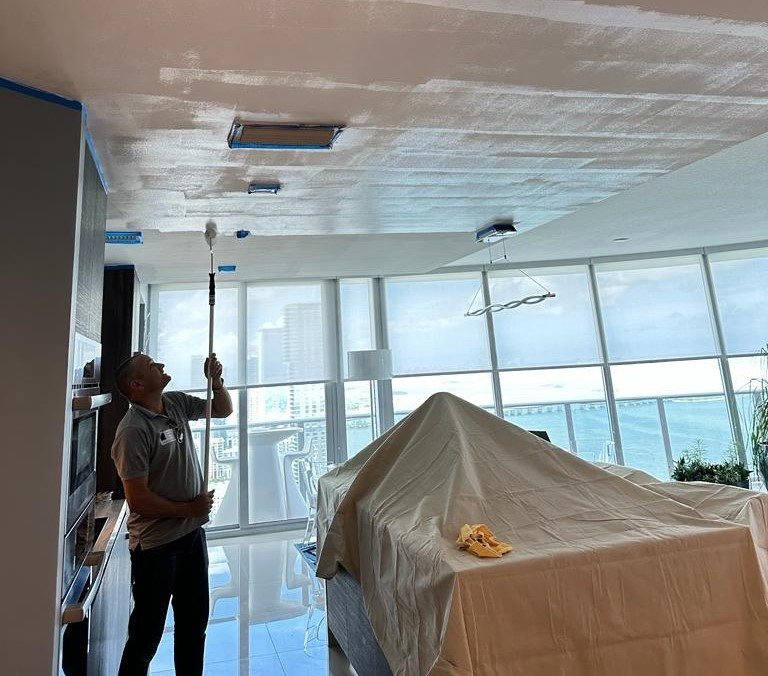
Other important features
1. Review of insulators and seals
Ensuring that insulation and seals on windows and doors are in good condition is key to maintaining energy efficiency.
2. Cleaning ventilation ducts
Cleaning ventilation ducts improves air quality and the efficiency of your heating and air conditioning system.
3. Appliance inspection
Checking and maintaining important appliances such as refrigerators, washers, and dryers can prevent unexpected and costly breakdowns.
4. Security systems
Ensuring security systems, such as smoke and carbon monoxide alarms, are working properly is crucial to home security.
Home diagnostics and preventive maintenance prolong the useful life of systems and equipment, improving the safety and comfort of your home. Don’t wait for problems to get worse; Invest in preventive maintenance and enjoy the peace of mind of knowing that your home is in perfect condition. Trust SOS Assistance for all your maintenance needs and make sure your home is always in the best hands.
Visit our website or contact our service channels and schedule your diagnosis and preventive maintenance today! We do it for you!
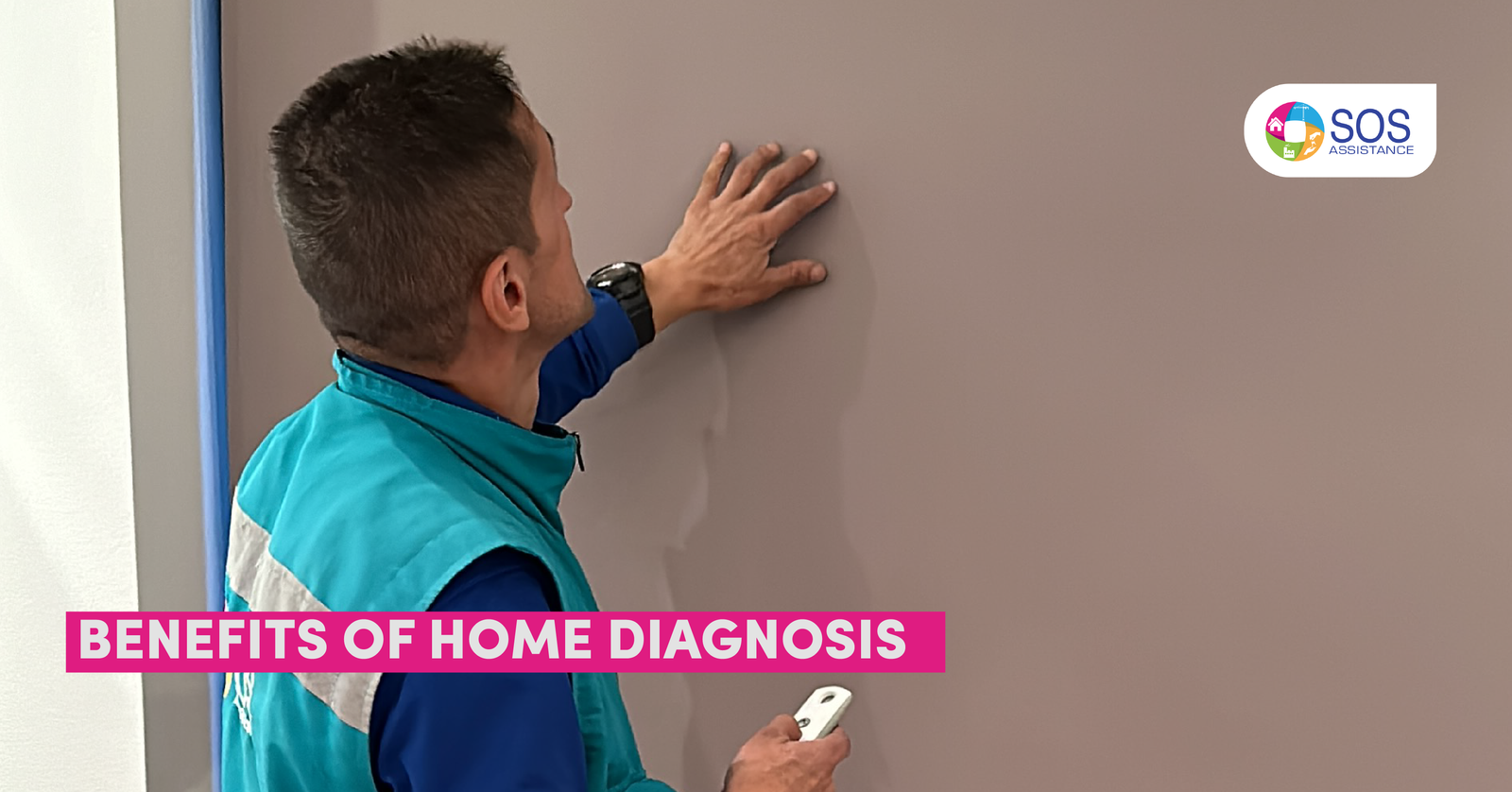


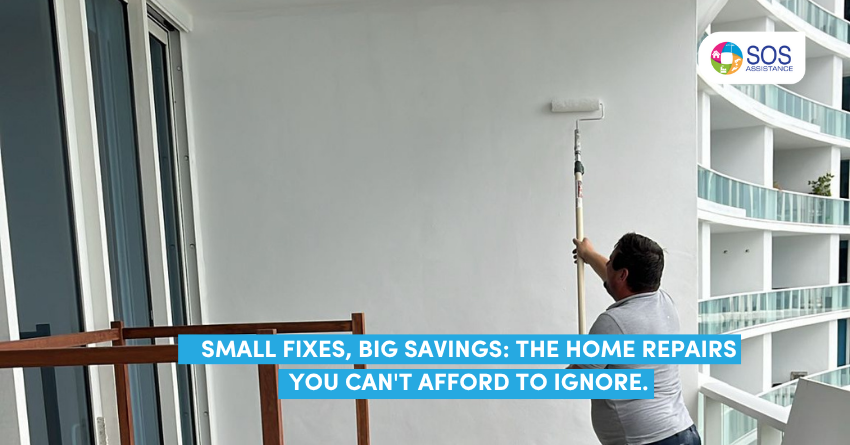



Leave A Comment